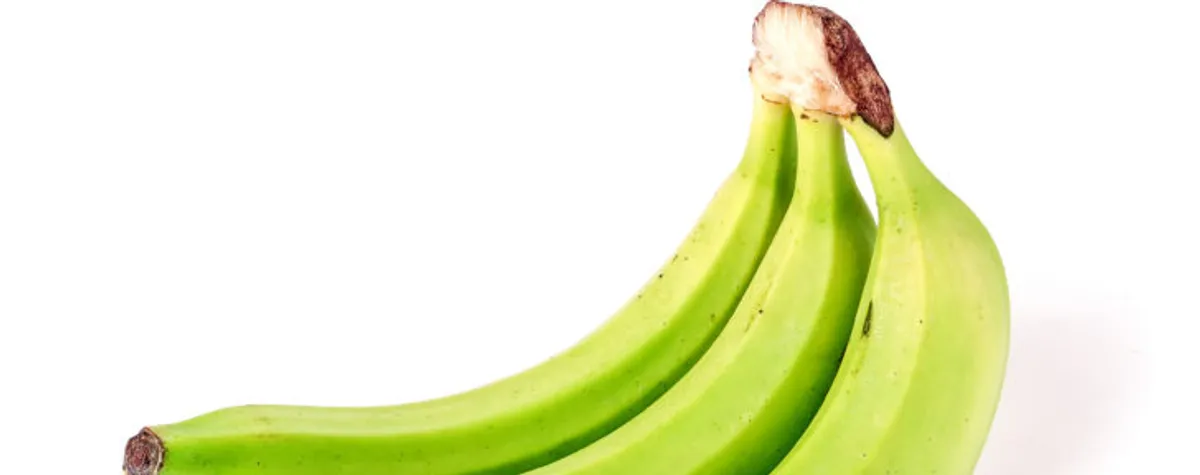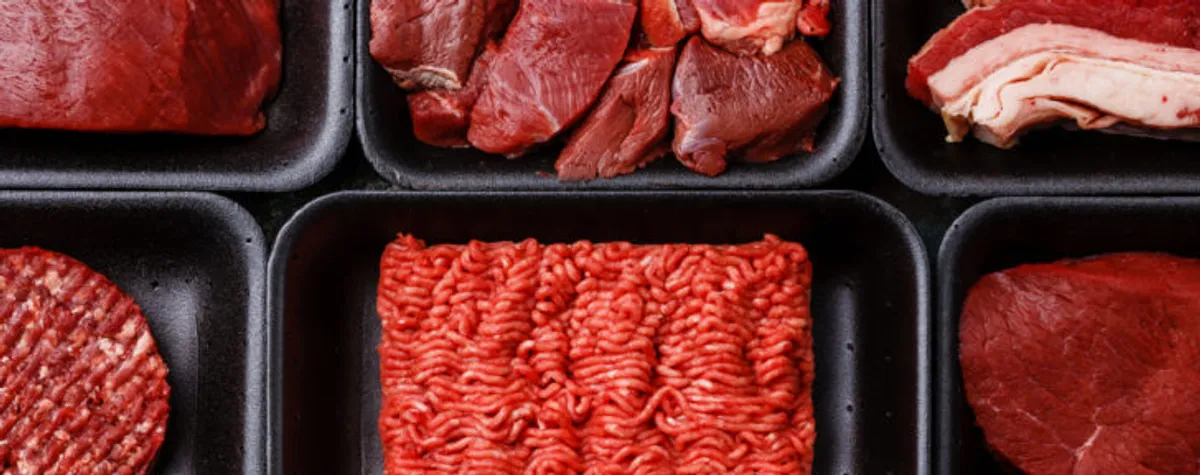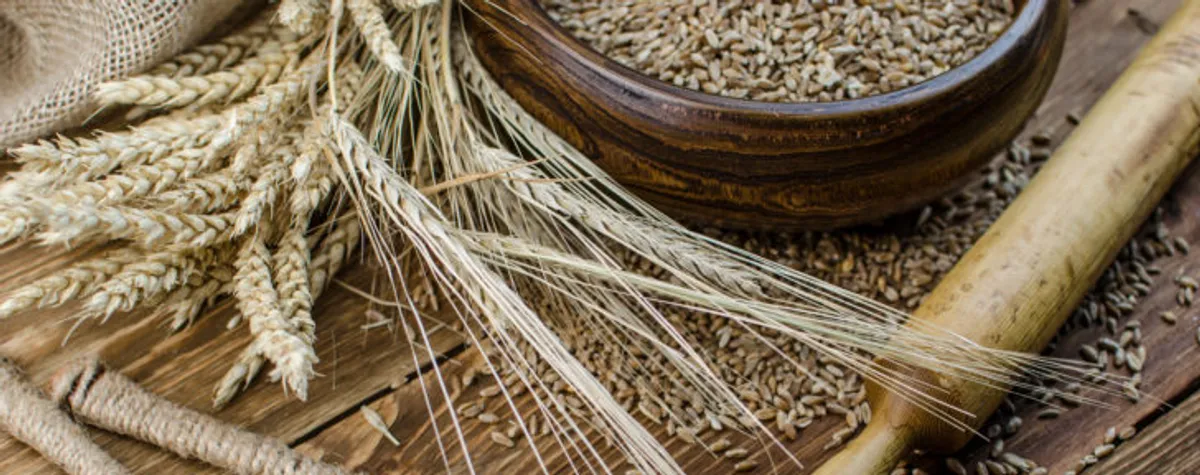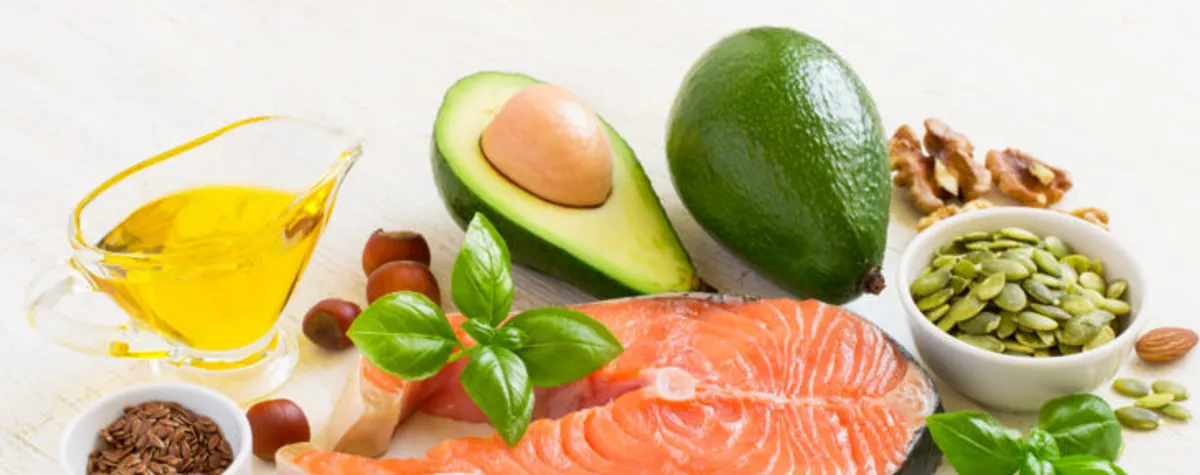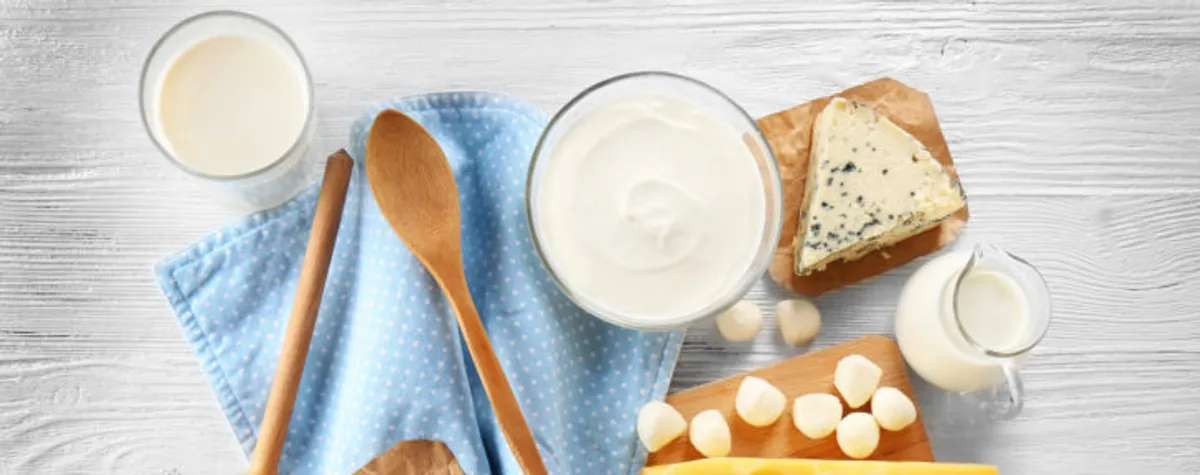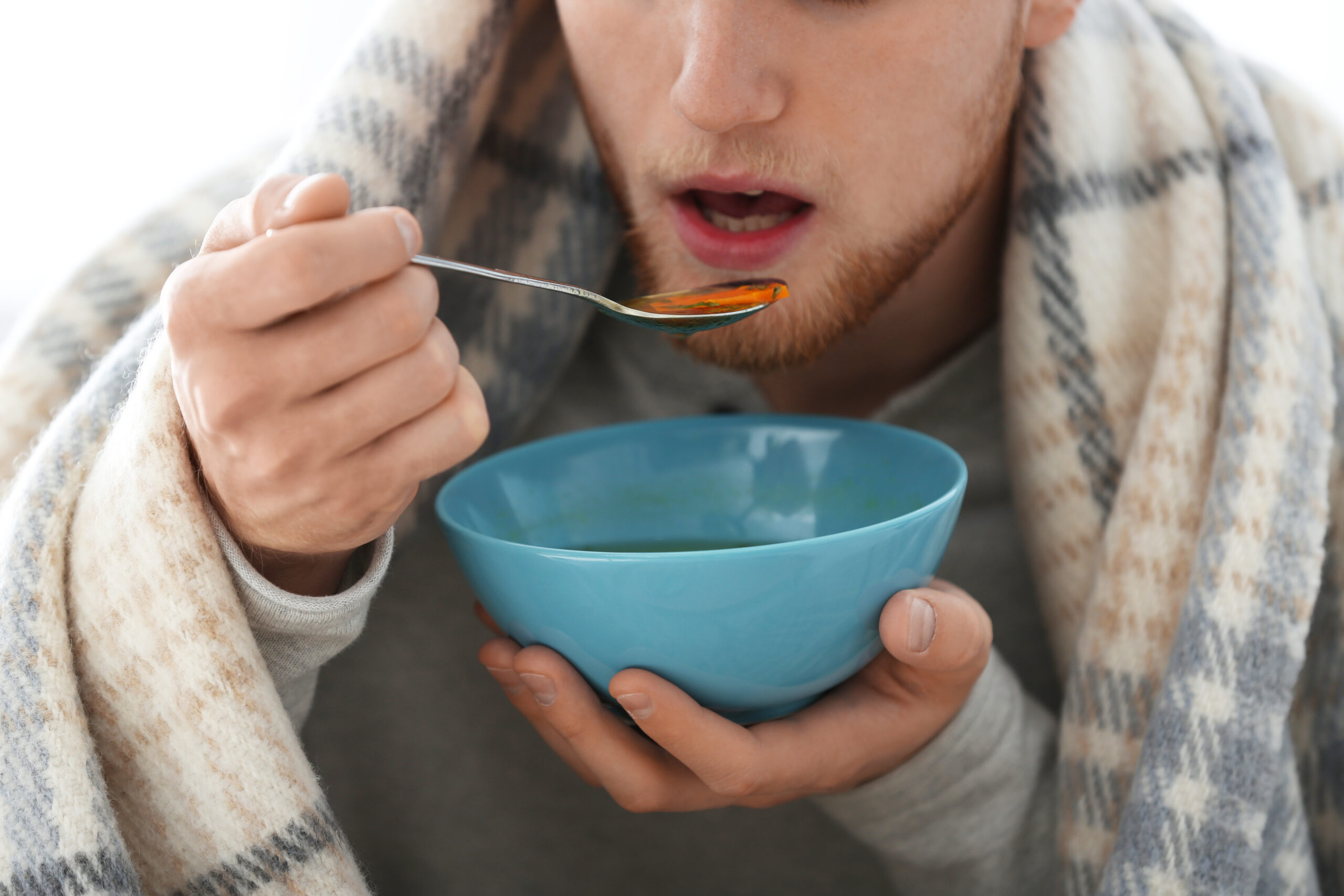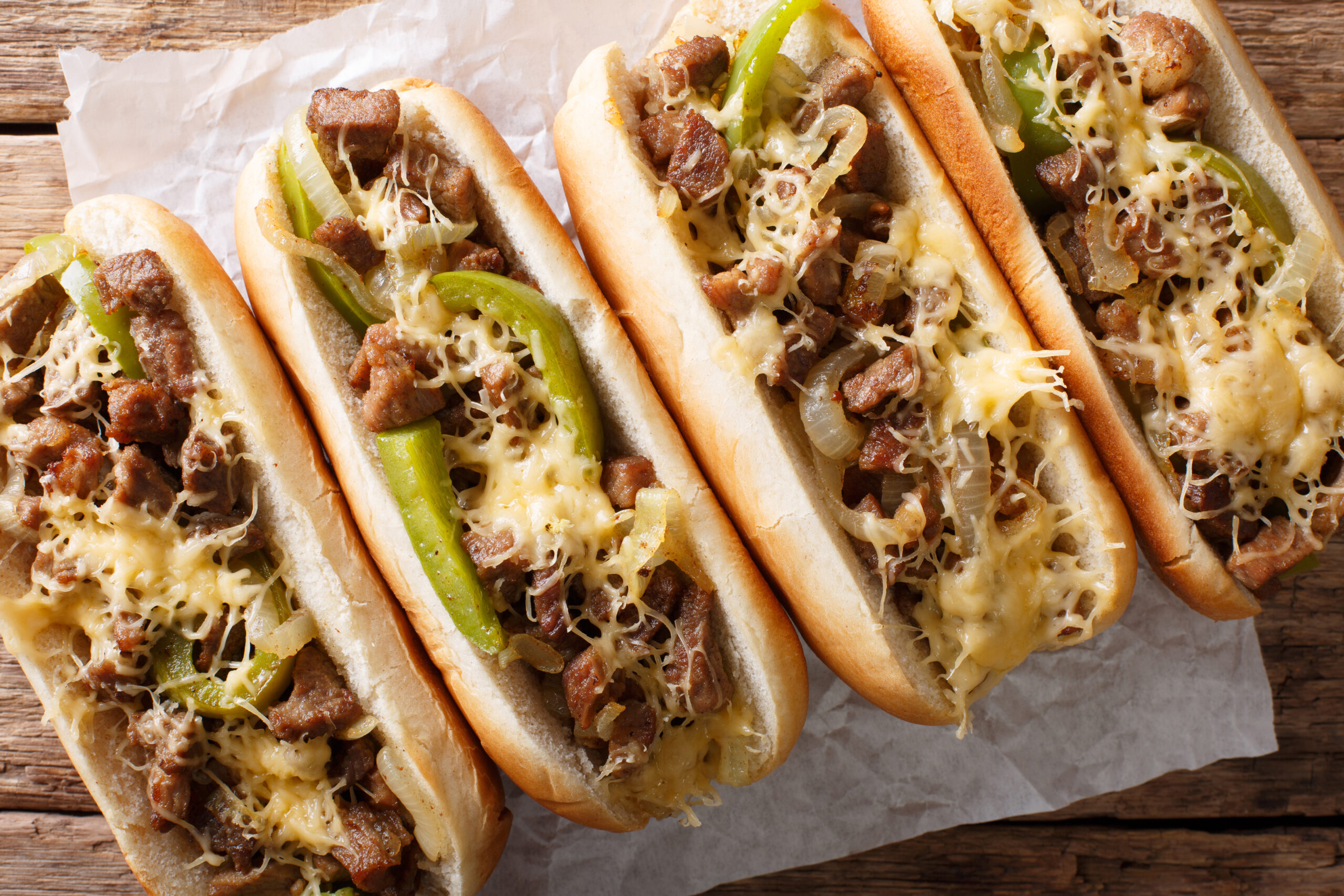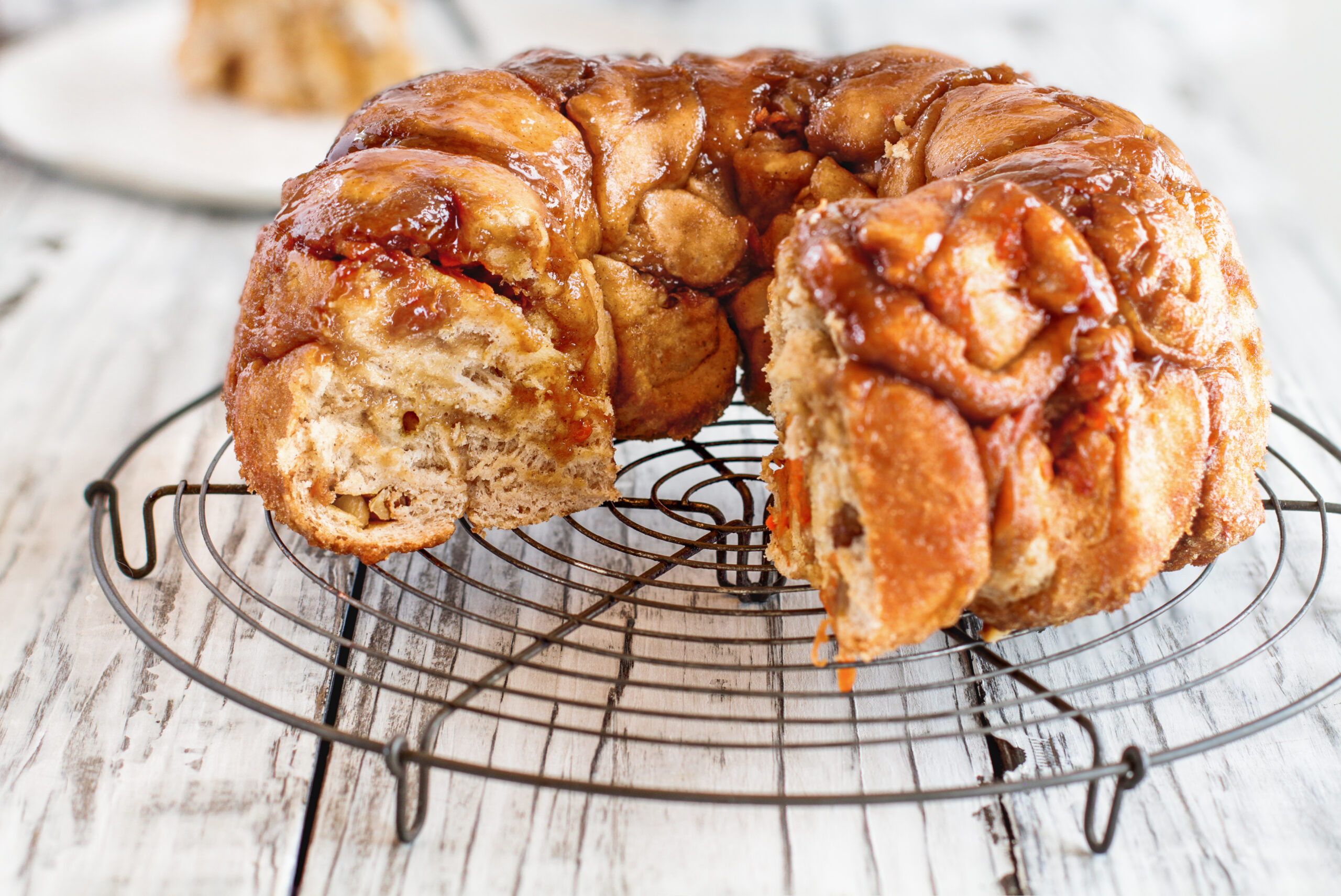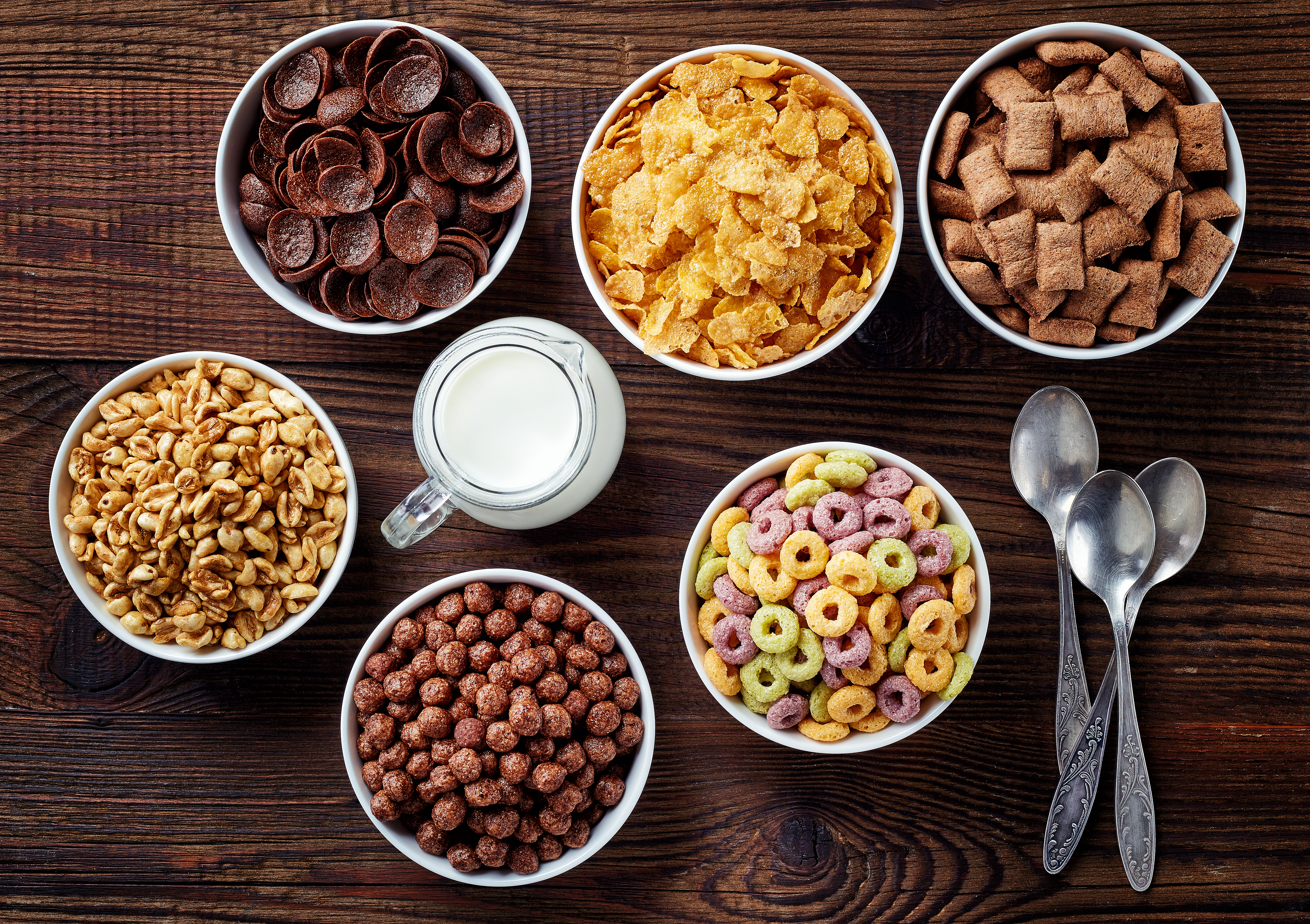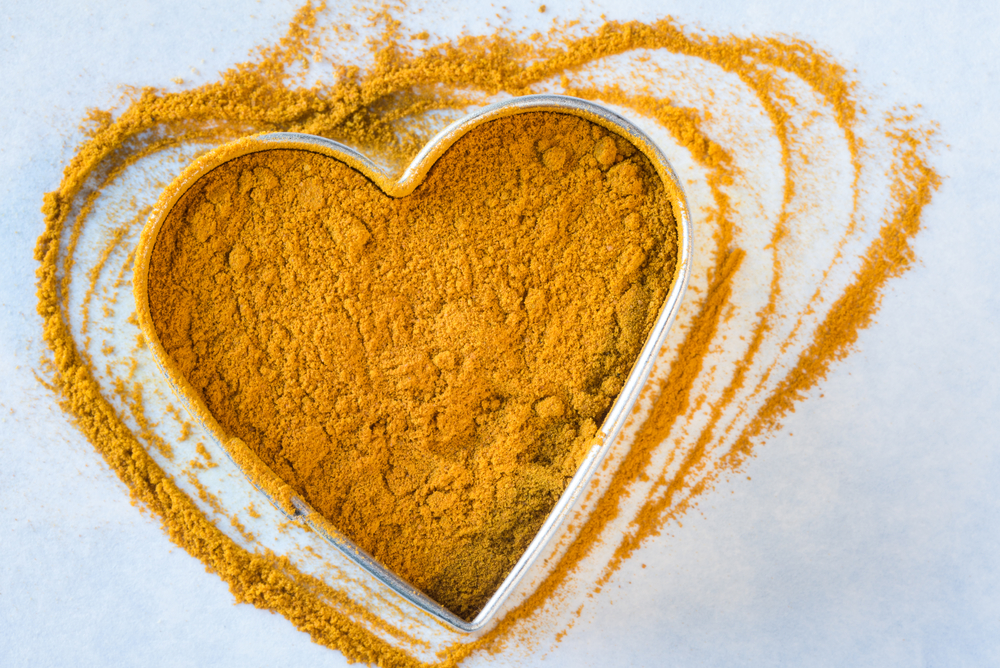Foods That Can Cause Constipation
Recent studies show that nearly 15 percent of the U.S. population suffers from chronic constipation (infrequent bowel movements for weeks at a time) that is a whopping 63 million people! Constipation generally means you are experiencing less than 3 bowel movements a week. For others, they may experience it as an occasional annoyance. If you happen to be one of these people then we are here to help you. First, I need to proclaim we are not medical doctors and when it doubt seek your medical professional if you have any concerns or questions about irregular bowel movements.
Statistics aside, food consumption can help promote growth and body development, dietary satisfaction but can also result in not so great side effects for some people. It’s time to discuss the not-so-pretty topic when discussing food consumption, and that’s constipation. You know, that bloating feeling you can get where your entire lower abdomen is cramping and feels gas-y? That is utter discomfort that can distract you from your entire day. Well, we’re here to discuss with you foods that can cause constipation. You may just be consuming some foods incorrectly or there may be some types of foods to avoid completely when trying to relieve or avoid constipation.
1. Unripe Bananas
Maybe you’ve heard the old tale “Don’t eat too many bananas, they will make you constipated”. I know I have definitely been told this on several occasions. However, bananas are one of those foods that may cause constipation if they are eaten incorrectly.
Banana’s are a high-level starch fruit. If you consume a banana when the peel is still a green, even a light yellow-green color that is when the starch levels are maximized. Starch can be a trigger for constipation. Instead, ensure your bananas are always spotty yellow as you can consume the best nutrients such as fiber to help promote regular bowel movements.
2. Fast Foods
We all know the saying “it’s okay, but only in moderation”. The same applies to fast food. I’m not saying cut fast food cold turkey because we all have those times where you have a 10-minute window in between being the taxi driver for the kids or work assignments on a strict deadline where fast food seems to be the only option in getting some fuel into your body. But instead, monitor your fast food intake because it may just be the culprit or trigger to your constipation.
Fast foods generally contain high fat and salt ingredients with next to no fiber. This can result in constipation because your body isn’t being supplied with the proper nutrients to help get things moving in the colon.
3. Red Meat
Red meats include any meat that looks red when it is raw. Some of these include pork, beef, and lamb. Red meats can be a great source of iron but that saying “too much of a good thing” applies here. If you consume too much iron in your diet it can actually harden your stools which may result in side effects such as constipation.
Secondly, red meats can cause constipation because it does not contain any fiber. Fiber is crucial for a healthy diet because it absorbs water in your large intestine. The water absorption swells up your stools making them soft and bulky which in turn makes them easy to pass. Tips on consuming your red meat so you can avoid constipation include eating red meats in moderation and proper portioned sizes (100-200g a couple times a week), avoid organ meats such as liver, kidney etc (they contain the highest iron levels) and eat your red meats with plenty of fruits and or vegetables.
4. Refined Flour
Refined flour includes any processed grain that is turned into a flour such as all-purpose flour. This process is completed by the grains being milled (ground into flour) which removes the bran and the germ. This is what gives refined flour it’s finer texture (great for baking) and improves its shelf life (also a great factor). Unfortunately, the negative side effects mean that the grain is stripped of very important nutrients such a vitamin B, dietary fiber, and iron.
When you hear the term enriched flour that means that some of the b vitamins and iron are added back after the processing takes place. Which sounds great but fiber isn’t always added back in along with the other nutrients. Due to the lack of fiber in refined flour, this may be a leading cause of occasional constipation or chronic constipation. An easy alternative is to try consuming whole grains that still contain its natural fiber.
5. Processed Foods
We all know that too much-processed foods can be bad for you. Sometimes it can be very difficult to say no to that candy bar at the grocery check out or the tray of doughnuts in the staff room. Processed foods contain a lot of refined sugar which is also not good for you. However, it isn’t the refined sugar that may cause constipation is it the lack of fiber.
A candy bar or doughnut here and there shouldn’t strike constipation but if you ate a store-bought muffin, had a frozen dinner for lunch and then hit up the drive-thru for dinner, well – put that combo in a variation on repeat you may trigger constipation. Try changing up your ready-made muffins to homemade muffins with bran with a side of fruit to help add some dietary fiber into your diet. It’s all about balance.
6. Alcohol
Having a night out to indulge in a couple drinks with some friends can be a fun time. However, it is important to be mindful of the side effects alcohol can have on you, and no I am not referring to being a little tipsy.
Too much alcohol consumption too quickly may actually cause dehydration. This is caused by an increased amount of fluids lost through your urine. The reason why dehydration is a common cause of chronic constipation is because your food makes its way from your stomach to the large intestine/colon and if you do not have enough water in your body your large intestine soaks up the water from your food waste instead of using the water in your body to help make the stool pass. So the next time you indulge in a night out, or in, make sure to finish your night off by drinking a couple glasses of water.
7. Coffee
Coffee is well known to be a natural stimulant to help improve your energy levels. Caffeine is also found in many weight loss supplements as it can help burn fat. It is also well known as an antioxidant agent.
However, your morning cup of joe may be causing your constipation. Caffeine can further dehydrate your body if it is consumed too often or add to the fact when you are already dehydrated. It is crucial for your bowel to have proper hydration to help your stools move through your intestines properly. If this is the case for you try consuming less coffee or try drinking more water throughout your day.
8. High Fat Foods
High-fat foods can be both good and bad for your diet. Some high-fat foods include; avocados, whole eggs, fatty fish, nuts, and even extra virgin olive oil. Generally, high-fat foods can help our bodies store energy, insulate us and help to protect our vital organs.
In comparison, a lot of high-fat foods don’t contain a lot of fiber and as we have discovered before this is crucial when trying to prevent constipation or help to relieve constipation. Instead, try and consume a balanced amount of healthy fats into your everyday diet.
9. White Rice
Considering white rice is a processed grain it may cause constipation. The reason for this is because the bran and germ (all parts of the grain) are removed during processing. Bran contains fiber which helps add bulk to your stool and helps it move along your bowel.
White rice consumption in moderation will not cause constipation but if it arises consider what you have eaten in the last while. If white rice was one of those foods consider taking a break or even make the switch to brown rice which has more nutritional value anyhow.
10. Dairy
Dairy such as cow’s milk and cheese can both be a contributing component of constipation. The proteins may paralyze the bowel, meaning it slows down the process completely blocks it. This act could prompt constipation.
Furthermore, cow’s milk is considered to be a processed food, especially if it isn’t whole milk. Most cow’s milk goes through a process called pasteurization. This process is used to kill off milk-borne bacteria which is a good thing but in contrast, it also removes important enzymes that help our bodies digest milk. Another culprit of dairy may be because many cows are now grain fed instead of grass fed, and as we’ve discovered earlier, processed grains can be contributing factor to constipation. If you feel dairy products such as cheese or cow’s milk may be the cause of your constipation try substituting for a plant-based or nut-based milk as an alternative.
11. Chocolate
“Life’s like a box of chocolate, you never know what you’re gonna get” -Forest Gump. And well Forest, we do not want constipation to be one of those things we get. However, the unfortunate factor is that indeed chocolate may cause constipation.
Chocolate like coffee contains caffeine. As we discovered earlier caffeine may be a contributing factor to constipation because too much of it can dehydrate your body. The high levels of sugar in chocolate could also be a contributing factor as the sugar often replaces the high-fiber foods that help you have regular bowel movements. This would then, in turn, slow down the process. Lastly, a lot of chocolate baked goods such as cakes or muffins and even chocolate bars contain milk ingredients. As we learned earlier dairy can also be a contributing factor. The best thing to do if you find you’re experiencing constipation after your latest chocolate binge is to cut it out of your diet and wait to see if you see improvements.
12. Medications And Supplements
Although medications or supplements may not be considered a food per say, it can be a vital part of your daily nutritional consumption. Some prescribed medications such as diuretics, narcotics, anti-depressants, blood pressure treatments and others can all be a contributing influence to constipation.
Even constipation relief such a laxative can cause constipation if it’s abused or used incorrectly. It is important to note if you observe a change in the amount or the form of your bowel movements to seek your medical professional immediately.


